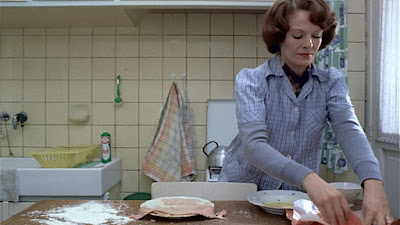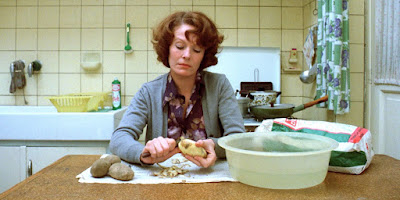She loved me so long
And she loved me so hard
I finally passed out in her front yard
If you’re a regular reader of my wildly successful little blog, you already know that this year’s “28 Records in 28 Days” will introduce the first (and perhaps only) class of inductees into my brand-new 2 OR 3 LINES “GOLDEN DECADE” COVER RECORDS HALL OF FAME.
(I see you shiver with antici- . . . -pation!)
Simply stated, a cover record is a recording of a song that has been previously recorded by a different artist.
That definition is overly simplistic, of course. If you don’t believe that, you need to read the 2022 book A Philosophy of Cover Songs, by Professor P. D. Magnus. (If Magnus had read the previous 2 or 3 lines, he’d know that he should have titled the book A Philosophy of Cover Records.)
 |
Magnus spends over 125 pages defining and discussing cover records. “How is that possible?” you might be asking. Read the book and you’ll become a believer – it’s an amazing piece of work.
* * * * *
Magnus’s book quotes Theodore Gracyk, who had this to say about covers:
Since the 1960s, the concept of the cover . . . normally refers to a communicative act of “covering.” The cover record or performance is a version of an existing musical work. However, it is more than a version. It is a version that refers back to a particular performer’s arrangement and interpretation of a particular song.
I think it’s safe to assume that each of the artists who recorded the cover versions that I’m featuring this month were aware of the original records that they were covering.
A cover may be quite different than the original. In fact, Magnus says that a true cover “contrasts with the original.” I will later explain why I think the best covers contrast sharply with their respective originals.
At the same time, a cover is clearly the same song as the original. It’s not so different as to be something else than the original entirely.
* * * * *
Magnus points out a number of tricky questions that can arise when you’re discussing covers.
For example, the first recording of “Let It Be” to be released was Aretha Franklin’s. The Beatles’ version was released a few months later.
But it’s absurd to call the Beatles’ record a “cover.” The Beatles wrote the song, recorded a demo of the song, and sent the demo to Franklin. If anything, she was covering their record – it just so happened that her version was released to the public first.
 |
Also, there are covers that simply imitate the original recording – audio photocopies, as it were – which are sometimes called “jackal recordings.” (In the 1960s, there were companies that released covers that were near-perfect imitations of the originals. The goal was to attract buyers who didn’t care that they were getting an ersatz copy as long as the copy sounded almost exactly the same as the original – at least to unsophisticated listeners – and cost a little less.)
Our newest hall of fame doesn’t include any such records. The covers in that hall of fame are clearly distinguishable from the originals – but also recognizable as the same songs.
* * * * *
It’s interesting that most of cover recordings I’m featuring this February were recorded by artists of a different race than the artist who did the original recording. For example, we have covers of Motown songs by Creedence Clearwater Revival and Vanilla Fudge.
That may be because I like covers that are very different from the originals, and black and white artists in the 1960s and 1970s usually had very different musical styles.
* * * * *
The original version of “Double Shot (Of My Baby’s Love)” was recorded by Dick Holler and the Holidays in 1963. (Holler later wrote “Abraham, Martin, and John” and co-wrote “Snoopy vs. the Red Baron.”)
I had never heard the Holidays’ recording of “Double Shot” until a few days ago. But I’ve always loved the Swingin’ Medallions cover, which peaked at #17 on the Billboard “Hot 100” in 1966.
 |
The two versions are not entirely dissimilar, but the Swingin’ Medallions’ cover prominently features a Farfisa organ and is much more loosey-goosey. It sounds like it was recorded live after the band had knocked down a few cocktails.
Click here to listen to the original recording of “Double Shot (Of My Baby’s Love”) by Dick Holler and the Holidays.
Click here to listen to the Swingin’ Medallions’ cover of that song.
Click here to buy that record from Amazon.




















